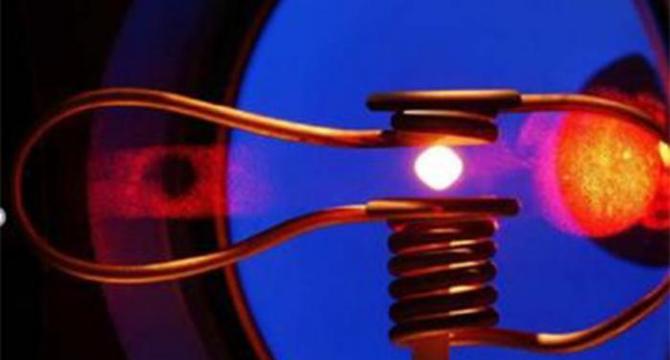Bioengineer
1w
169

Image Credit: Bioengineer
UVA Secures DURIP Grant to Advance Innovative Ceramic Research Technology
- The University of Virginia has received a prestigious Defense University Research Instrumentation Program (DURIP) grant for pioneering electromagnetic levitation (EML) system research.
- The state-of-the-art EML system will analyse ultra-high-temperature ceramics (UHTCs) in both molten and solid states without contamination.
- The EML system is a container-less design merging induction and laser heating techniques to facilitate accurate experiments at temperatures exceeding 2,000°C.
- The advanced EML system is unique in the US as there are no similar EML systems in the country.
- The research initiative characterises vital properties of materials allowing the development of materials capable of withstanding the rigours of hypersonic flight, high-temperature manufacturing, etc.
- The EML system is designed in such a way that it can simulate different environmental conditions from high-pressure atmospheres to a vacuum.
- With the support of the Army Research Office, the $318,190 DURIP grant will help fund the EML system and associated instruments.
- The project's principal investigator, Elizabeth Opila, believes that the EML system will shape the future of materials science through education and discovery.
- The EML system will enable graduate students and researchers to drive future innovations in materials science through hands-on training opportunities.
- The EML system will usher in a new wave of materials innovation that codenotes a commitment to advancing material science and engineering - a realm that will continue to shape our technological future.
Read Full Article
10 Likes
For uninterrupted reading, download the app